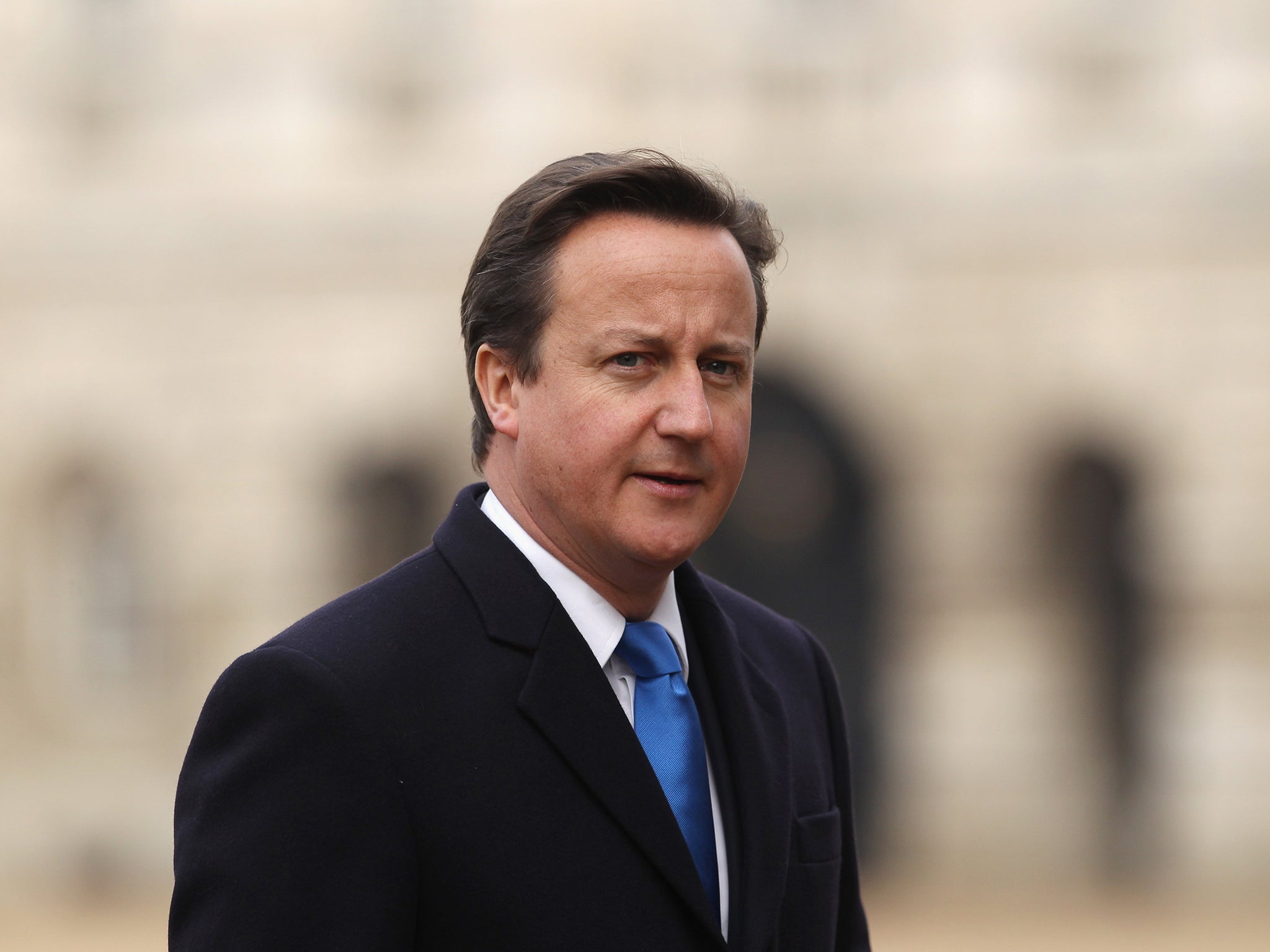David Cameron's 'defensive agenda' weakens UK in Europe, says former EU president
José Manuel Barroso said the PM is no longer Barack Obama's first port of call for advice on European matters

Barack Obama no longer calls David Cameron first for advice about European Union issues because of Britain’s waning influence in Brussels, José Manuel Barroso said today.
The former European Commission president warned that Mr Cameron’s “defensive agenda” and strident tone had backfired by weakening the UK’s importance in the EU and increasing the chances of Britain leaving the bloc.
He said Britain was no longer at the heart of EU decision-making and had lost its historic role as an essential point of contact between the United States and Europe.
In a scathing attack on the Prime Minister’s tactics in Brussels, he argued that Britain could be “much more influential” if Mr Cameron adopted a “positive agenda”.
Mr Barroso, who was replaced last month by Jean-Claude Juncker, said Britain’s influence had diminished since Tony Blair was in Downing Street.
“With Tony Blair, Britain was really playing a very important role in the European Union – they were at the centre of decisions,” he told BBC Radio 4.
“Today this is no longer the case. I think it’s a matter for reflection: the American President, if he wants to get European countries on board, I think the first call he makes is to the chancellor of Germany, no longer to the British Prime Minister.”
Mr Barroso said British withdrawal from the EU would be a “real mistake from all points” and warned Mr Cameron to tone down his language in the run-up to his promised 2017 referendum.
“You cannot criticise Brussels and the European Union from day one to day six and to ask for people to vote for Europe [on] day seven,” he said.
“I am concerned with the period between now and the moment of the referendum, if there is a referendum, because the aggressive rhetoric can create real damage.”
Subscribe to Independent Premium to bookmark this article
Want to bookmark your favourite articles and stories to read or reference later? Start your Independent Premium subscription today.

Join our commenting forum
Join thought-provoking conversations, follow other Independent readers and see their replies